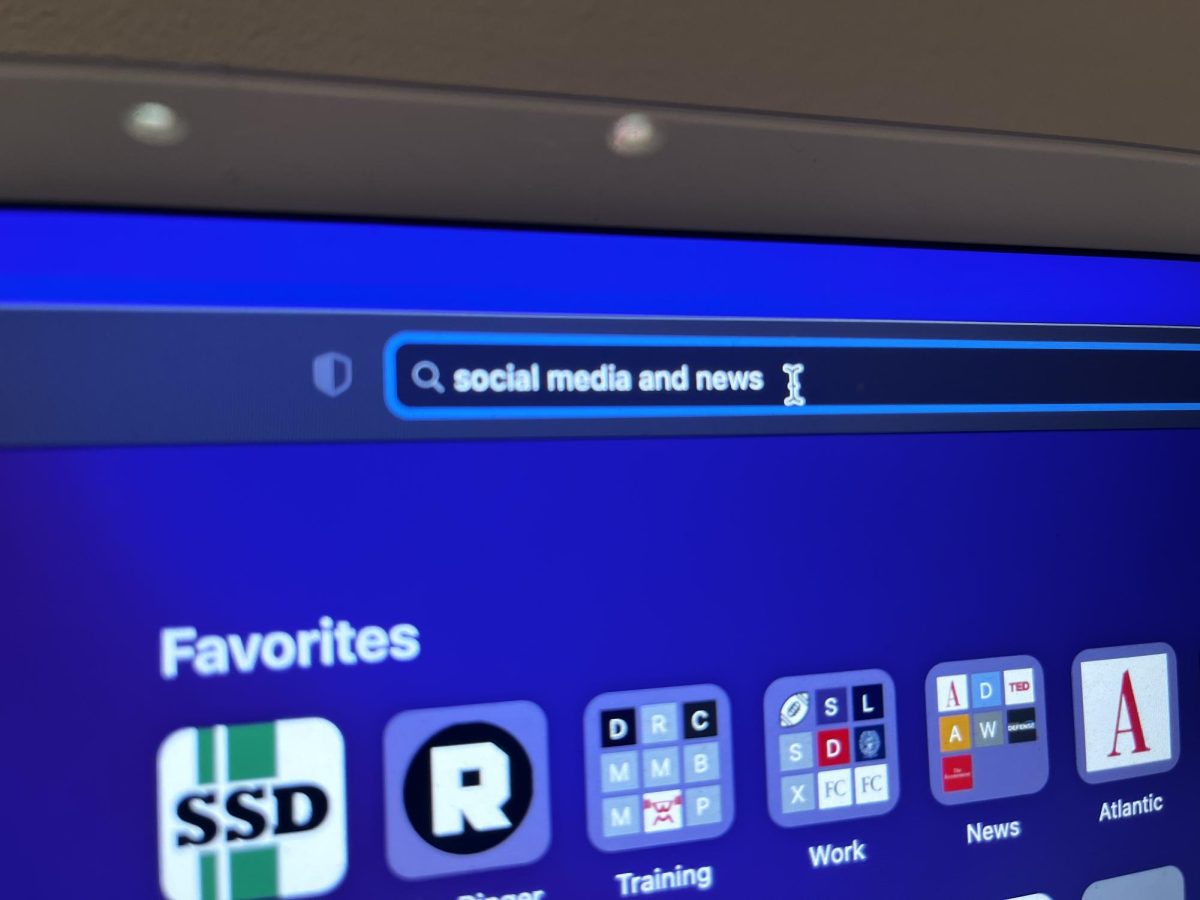With one tap, click or swipe, our generation can consume millions of pages of information on the variety of social media platforms available to teenagers. I have seen firsthand how platforms such as Instagram, Facebook and X, spread information quickly and easily. X’s effectiveness for spreading information can be seen in international settings such as the recent Israel-Palestine conflict, and on smaller state levels. I see its influence affecting mass opinions on world events, particularly the oversimplification of complex events and ideas. While I think this can be a good thing by introducing us to new ideas, I believe that irresponsible information consumption can affect how we see the world and how we approach complex ideas.
According to NPR, Florida’s governor Ron DeSantis dropped out of the presidential race on Jan. 15. How did he first announce it? Through X. While this has become the new normal for us, the rise in the quantity of information Gen Z consumes may have had side effects on its quality. I believe that while we can receive information at a faster rate, it has resulted in the quality and trustworthiness of information falling and we don’t research our sources as much as we should.
An article from the American Press Institute, stated that “The vast majority of Gen Z and Millennials get news daily (79%)”. The article continues and shows that ‘71% (of Millennials and Gen Z…) get news from social media platforms at least daily and 91% at least weekly’. Furthermore, 32% of Gen Z gets news from Facebook, 39% from Instagram, a stunning 40% from TikTok and 32% gets their news from Snapchat.
At first glance, that’s a good thing. I believe that the growth in interest in news and what happens in places outside of our bubbles is good, when used properly.
Ok, we get all of our news from social media. So what? Why does it matter? Well, put simply, not all social media is trustworthy. While certain networks such as NPR, The Washington Times and other educational platforms are considerably safe, the internet allows for misinformation to easily be spread. Honestly, you should always look deeper into a source before you believe what you see and look more into who is providing this information. News and general information always have some sort of underlying bias, no matter how the author tries to avoid it.
Overall, the general idea is to be aware of what we see on social media. The internet is a very powerful tool and can be used to make our lives richer through its endless well of information. We can see and learn about important events as they are happening, whether it be about your neighbor’s cat who got out or a major development in our presidential race. But, with great power comes great responsibility so it is our job to approach news thoughtfully and aware.


